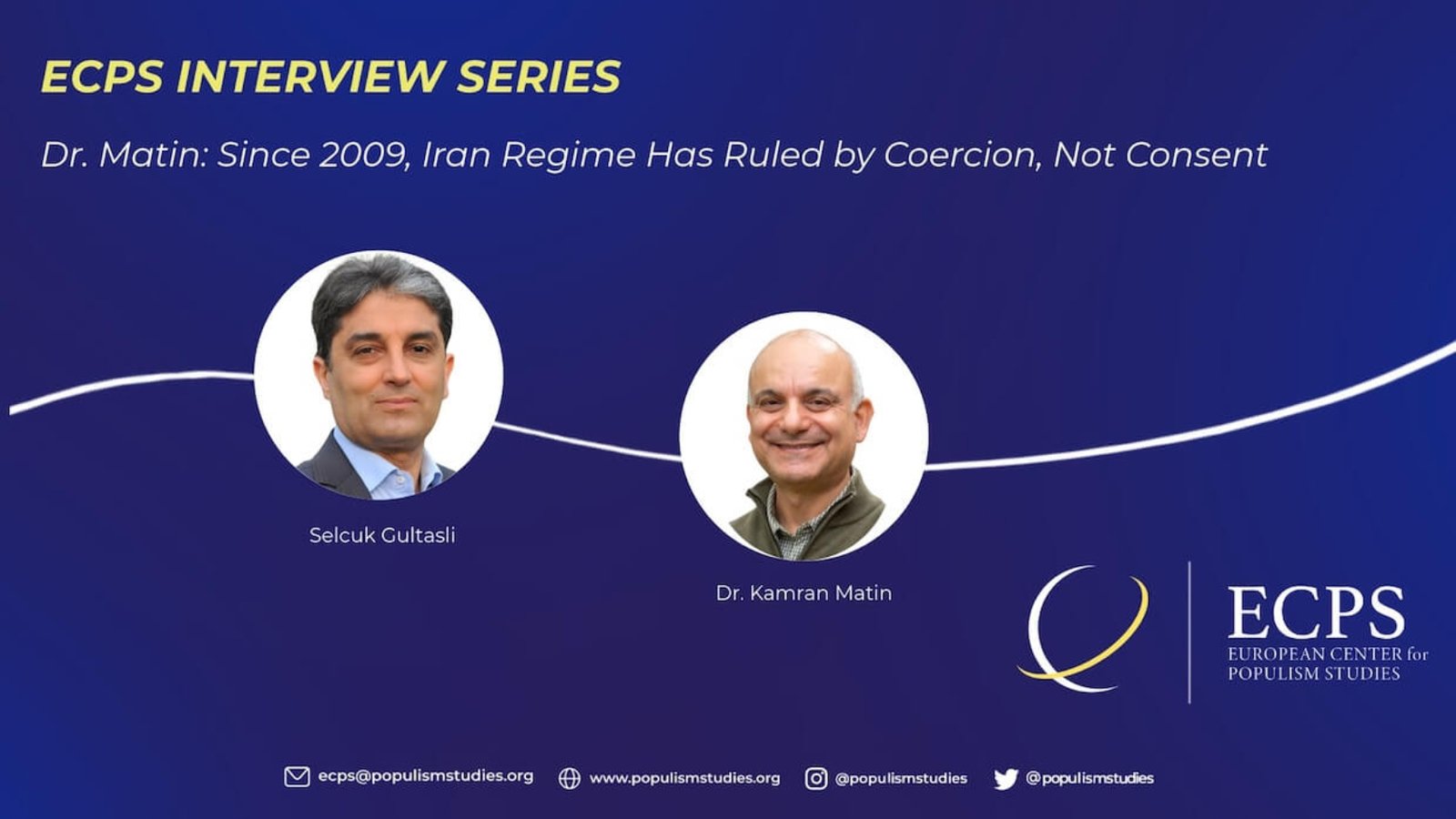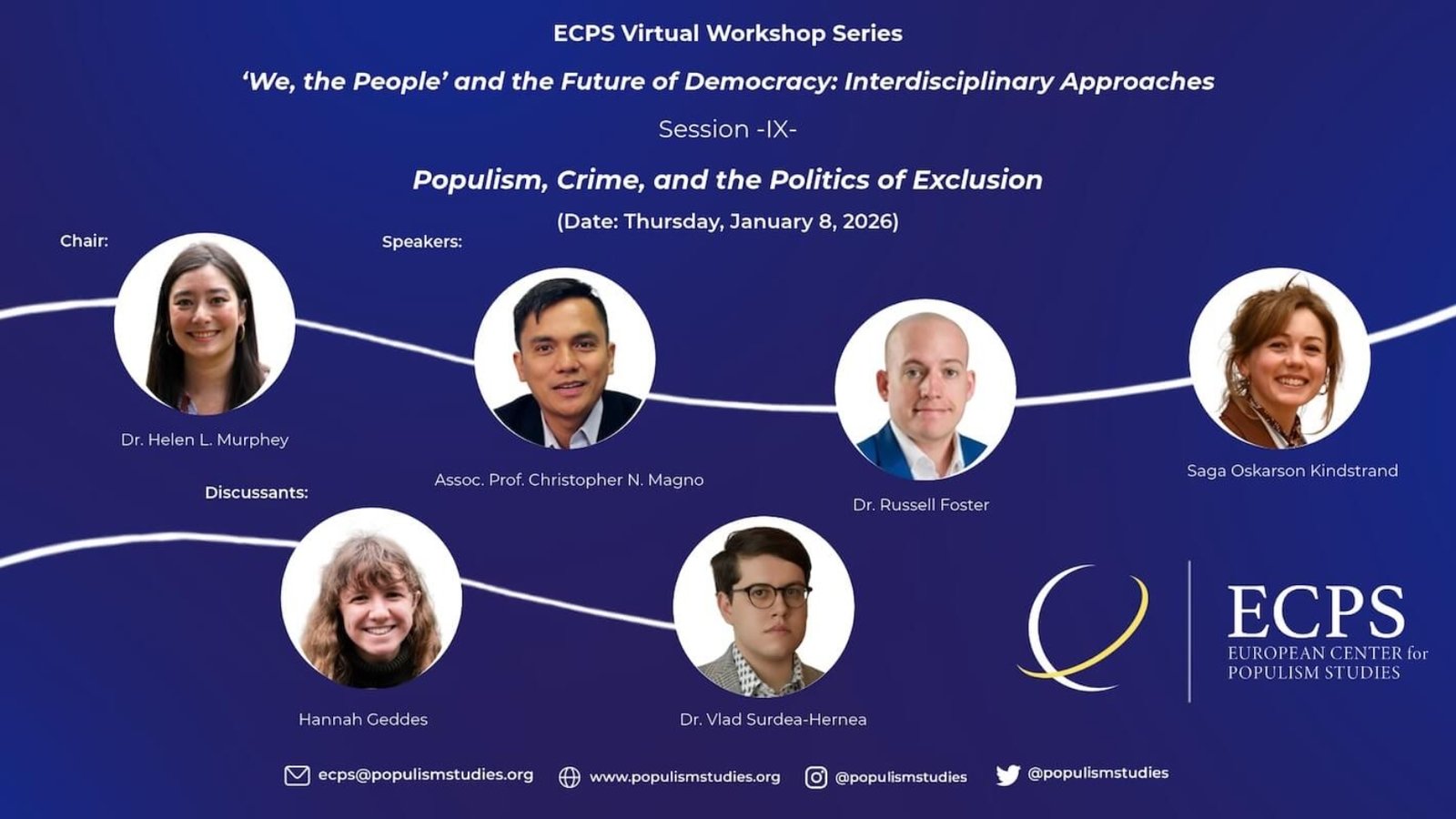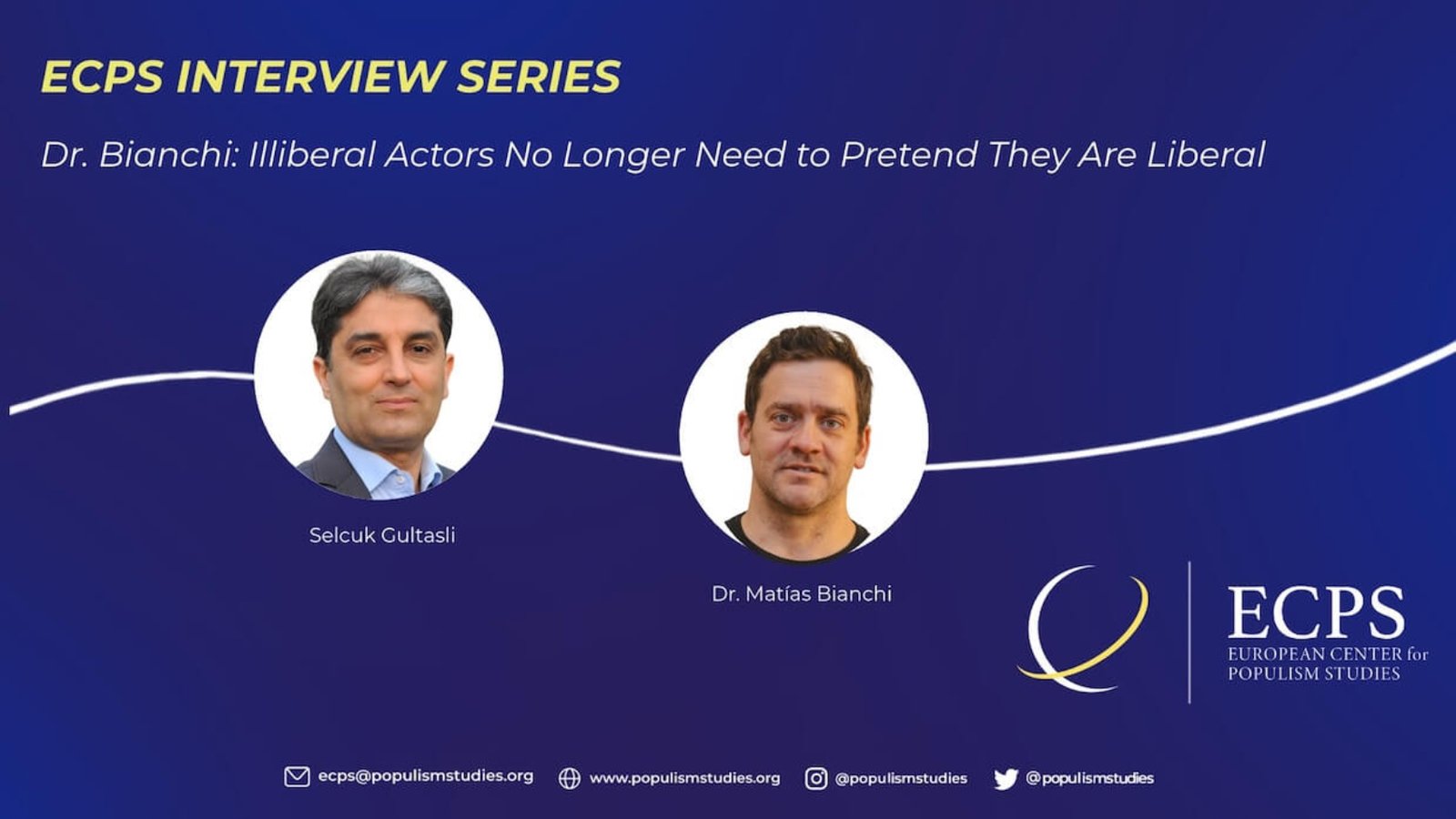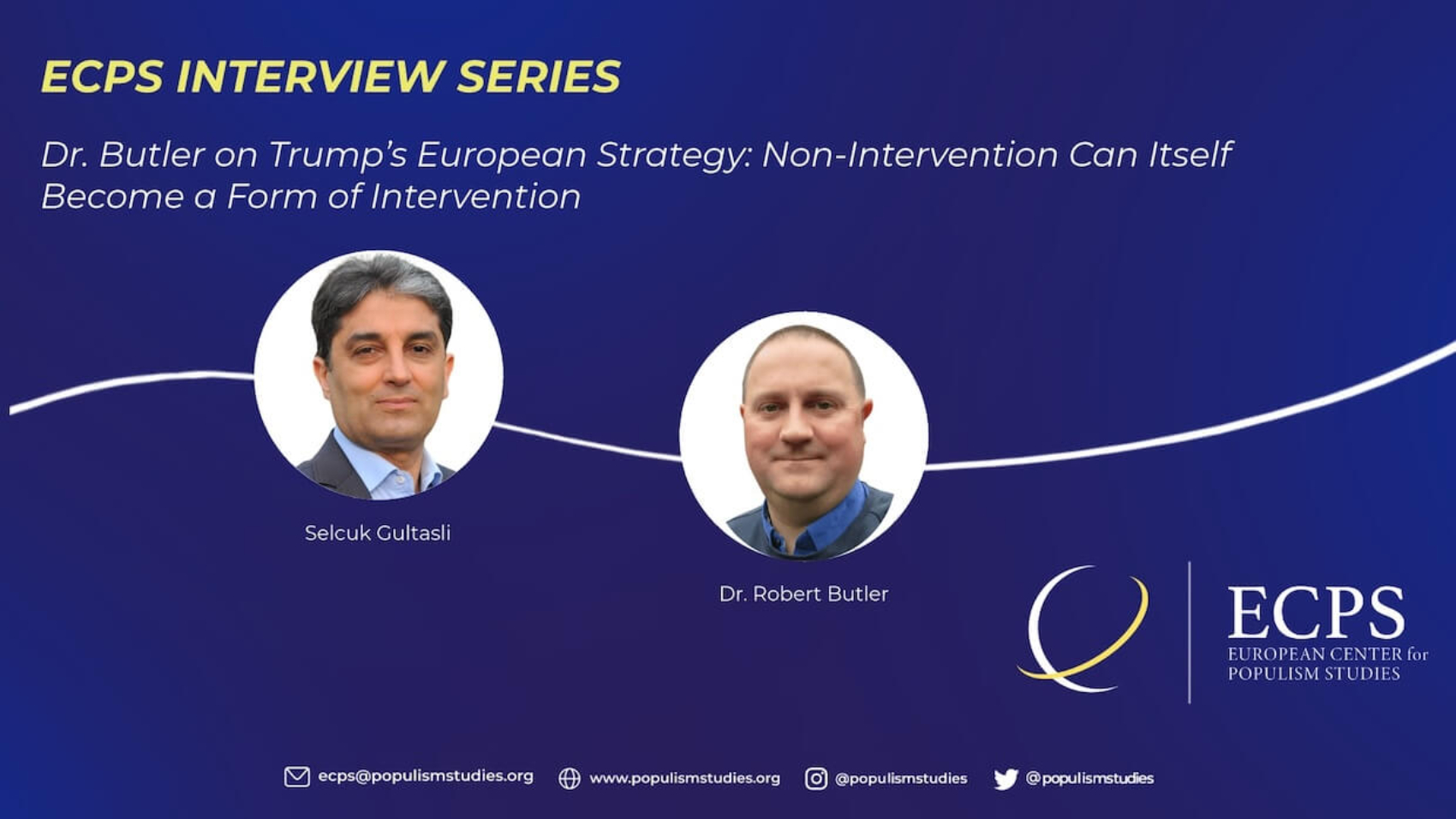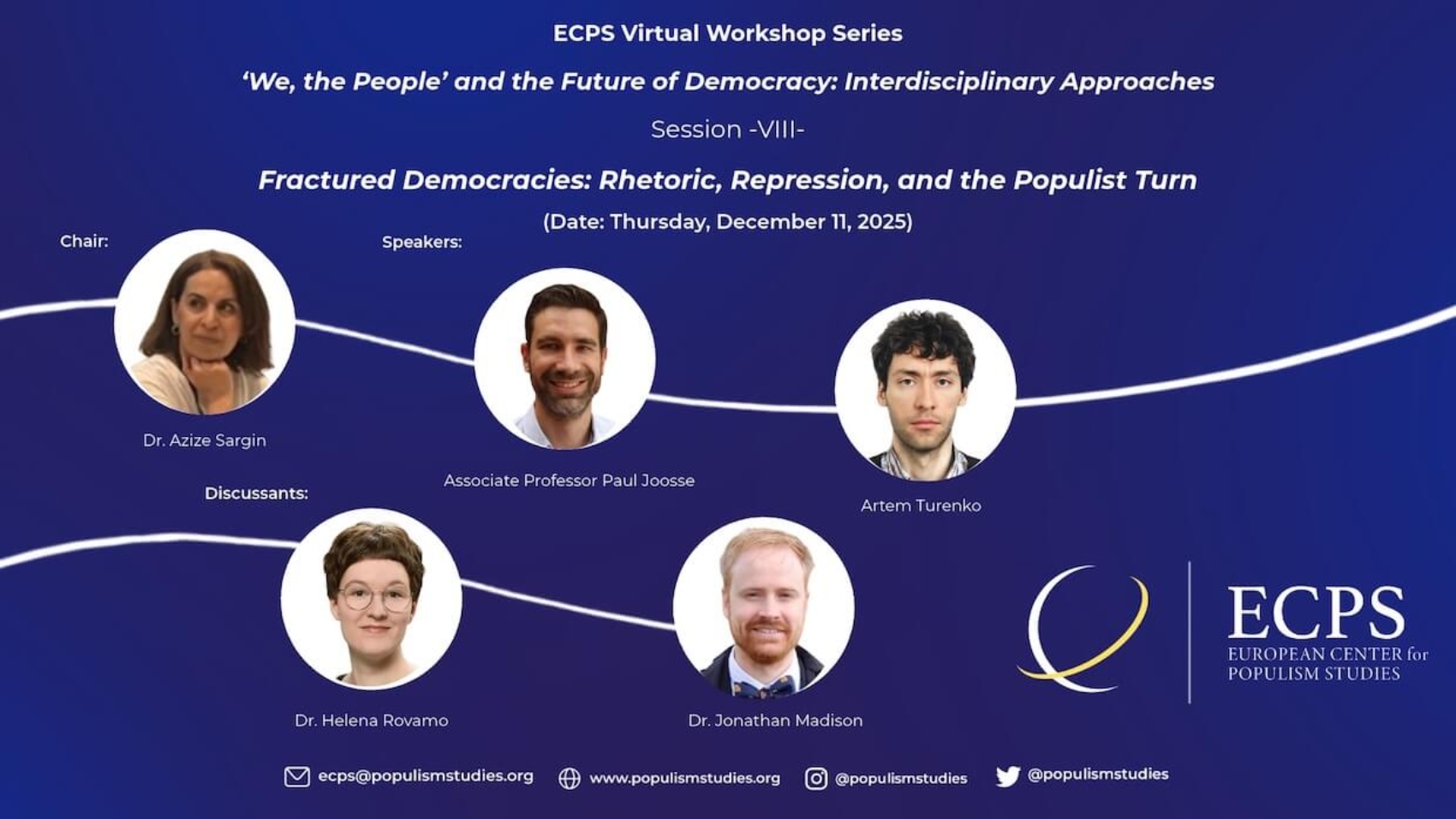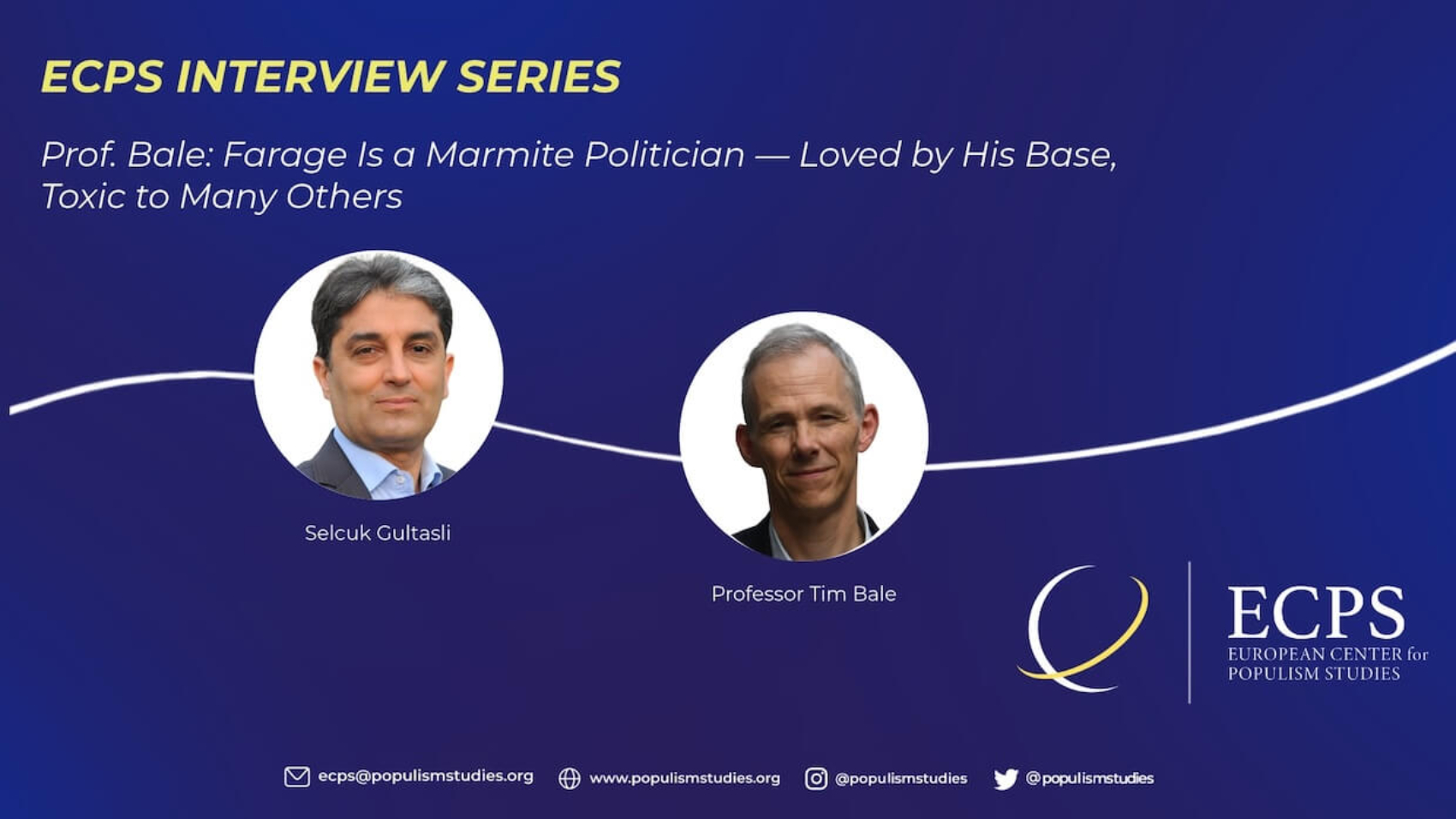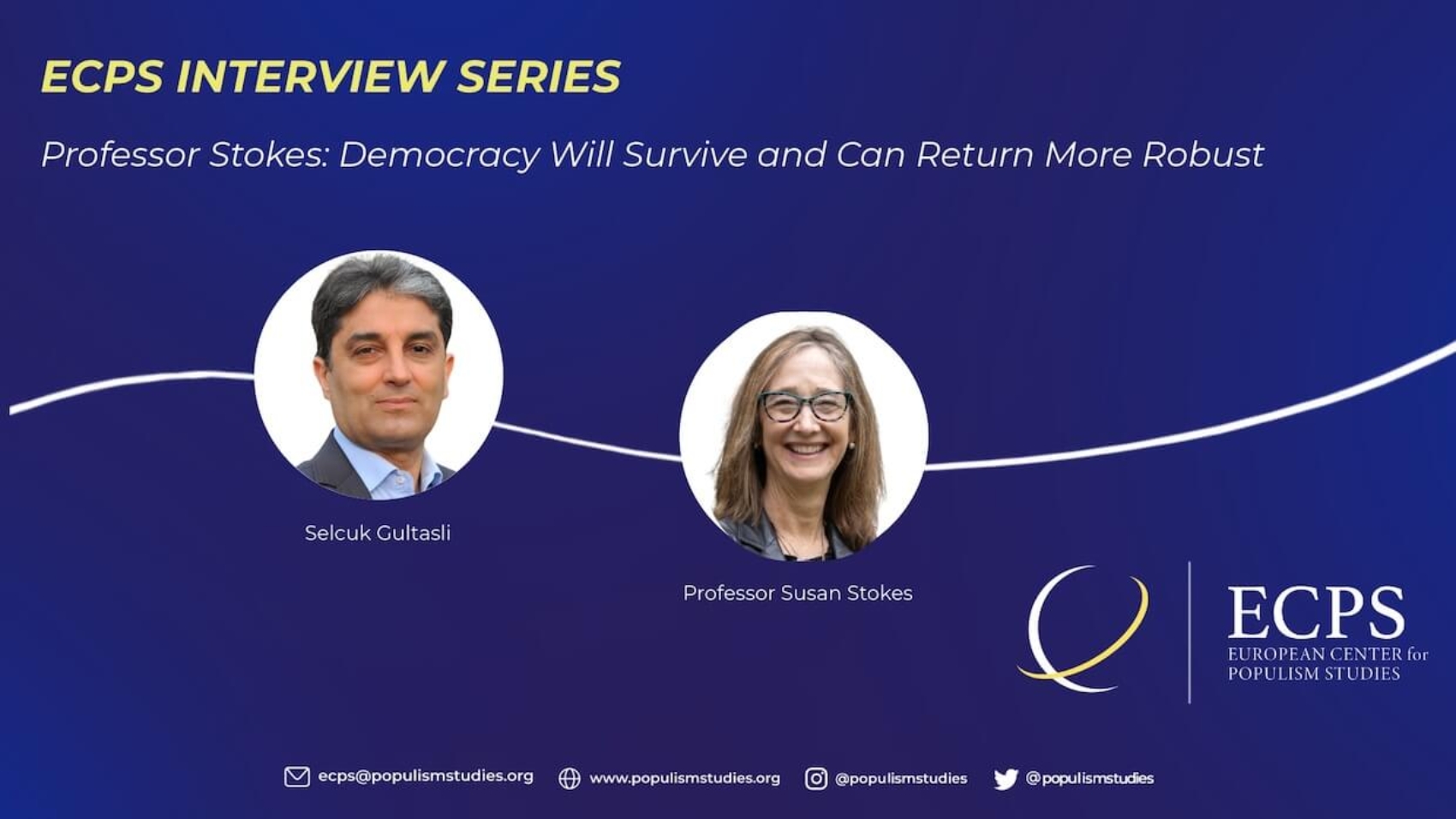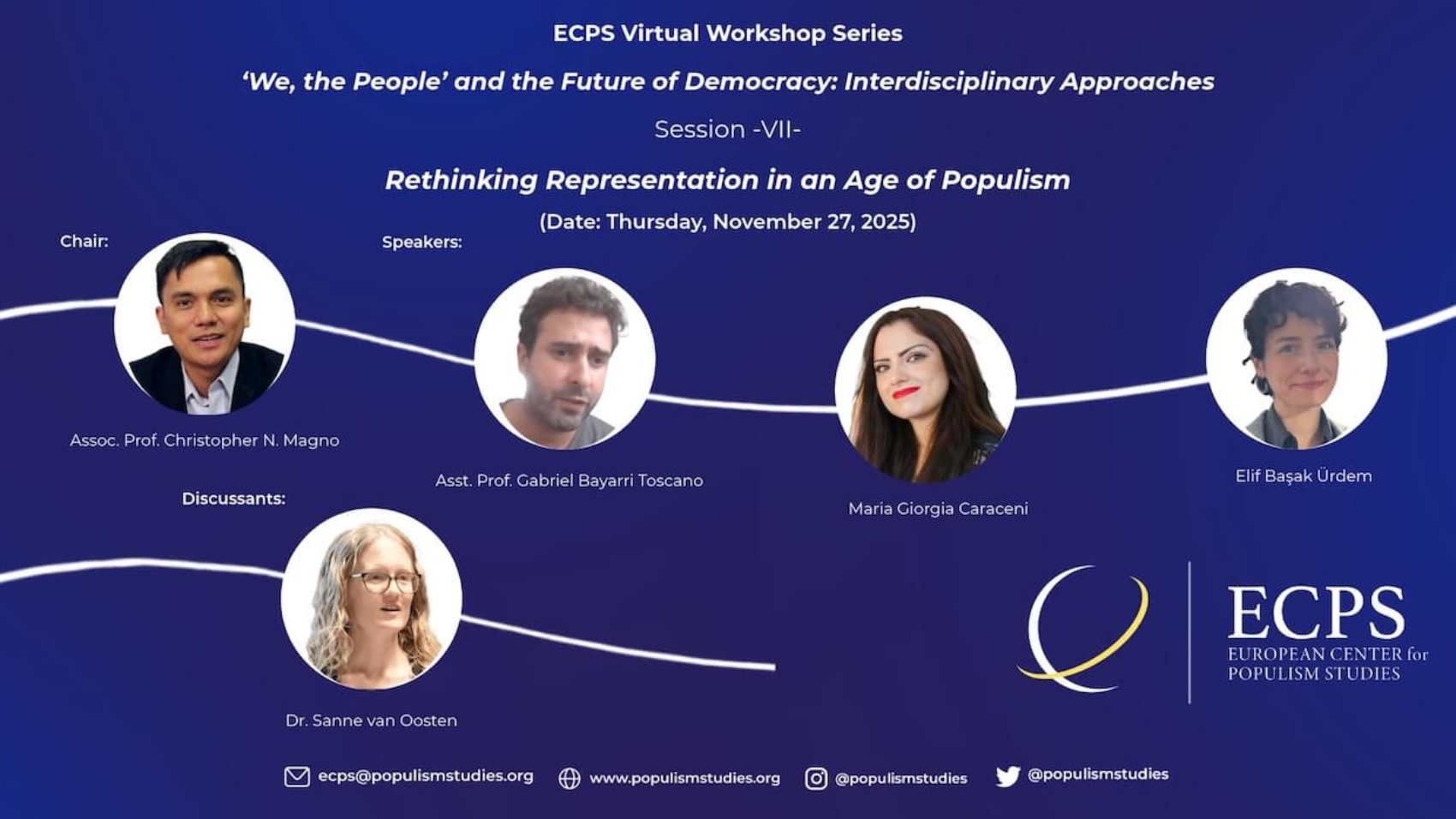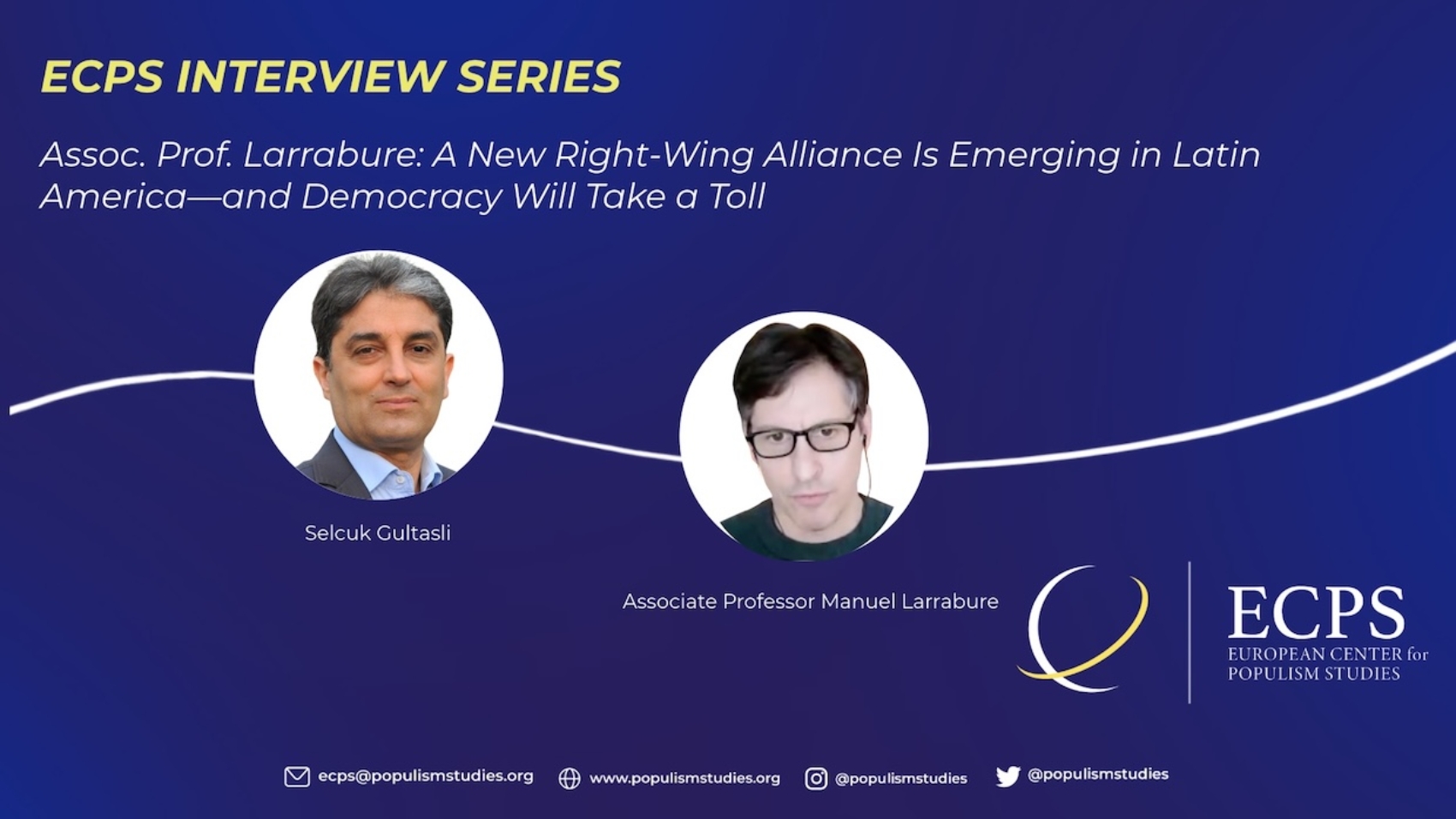Iran is entering a critical juncture as renewed protests expose both the fragility and the resilience of the Islamic Republic. In this in-depth interview with the ECPS, Dr. Kamran Matin argues that since the 2009 Green Movement, the Iranian regime has ruled “primarily through coercion rather than consent,” relying on repression while retaining the support of only a small social base. Yet violence alone does not explain regime survival. As Matin emphasizes, the Islamic Republic endures “not only through violence, but through a fragmented opposition” that lacks organizational depth, ideological coherence, and a credible alternative vision. Drawing on political economy, Gramscian theory, and regional geopolitics, Dr. Matin analyzes why economic shocks quickly become systemic political crises in Iran—and why, despite widespread de-legitimation, the unresolved question of “what comes next” continues to constrain revolutionary outcomes.
Interview by Selcuk Gultasli
Iran has entered one of the most volatile phases of its post-1979 history. The protest wave that erupted after the sharp currency shock of late December 2025 quickly escalated into explicitly anti-regime mobilization, revealing not only the depth of socio-economic dislocation but also the political vulnerabilities of the Islamic Republic. In this interview with the European Center for Populism Studies, Dr. Kamran Matin—Reader in International Relations at the University of Sussex—offers a theoretically informed analysis of the current conjuncture, foregrounding two interlinked claims that capture the central stakes of the moment: “Since 2009, [the] Iran regime has ruled by coercion, not consent,” and “[the] Iran regime survives not only through violence, but through a fragmented opposition.”
For Dr. Matin, the disputed 2009 election and the Green Movement mark a critical turning point in the regime’s mode of rule. As he emphasizes, “almost all of these signals are present in some form, but at least since 2009—going back to that critical moment—the Iranian state, the Islamic Republic, has ruled primarily through coercion rather than consent.” In his account, the erosion of consent is not merely ideological but institutional: the narrowing of factional pluralism and the weakening of reformist mediation diminished the regime’s capacity to manage dissent through electoral incorporation. The result, he argues, is a system that “retains the support of a small segment of Iranian society—perhaps 10 to 15 percent at most, and maybe closer to 10 percent,” while relying on “brute force: repression, torture, imprisonment, surveillance, and so on” to govern the remainder.
Yet Dr. Matin’s analysis also resists purely repression-centered explanations of authoritarian durability. Alongside state violence, he argues, regime survival is sustained by the organizational weakness and strategic incoherence of its opponents. “I would argue that, in addition to massive levels of violence, what sustains the regime is precisely the fractured nature of the opposition, its disorganization, and the absence of a political discourse that appeals equally to the main segments of society.” Even as protests broaden to include bazaar networks, students, workers, women, and peripheral provinces, the opposition—he contends—lacks the institutional capacity to translate mobilization into a viable transition project. “Apart from state violence,” he continues, “this lack of an organized alternative—ideologically, discursively, and organizationally—is a key factor keeping the regime in power.” The enduring strategic dilemma is therefore not simply the de-legitimation of the regime, but the absence of a credible successor: “Many people ask themselves, ‘What comes next?’”
Across the interview, Dr. Matin situates these dynamics within wider debates on revolutionary crises, hegemonic contestation, and regional geopolitics. He examines how economic shocks in a rentier political economy can rapidly become systemic political conflict; how coercion is deployed through targeted and exemplary violence; and how opposition plurality can both energize revolt and inhibit the formation of a unifying, “national-popular” project. Taken together, Dr. Matin’s intervention offers a stark but analytically precise assessment of Iran’s predicament: a regime increasingly dependent on coercion, confronting a society in revolt—yet facing an opposition still struggling to answer the question that shadows every revolutionary moment: what comes next?

